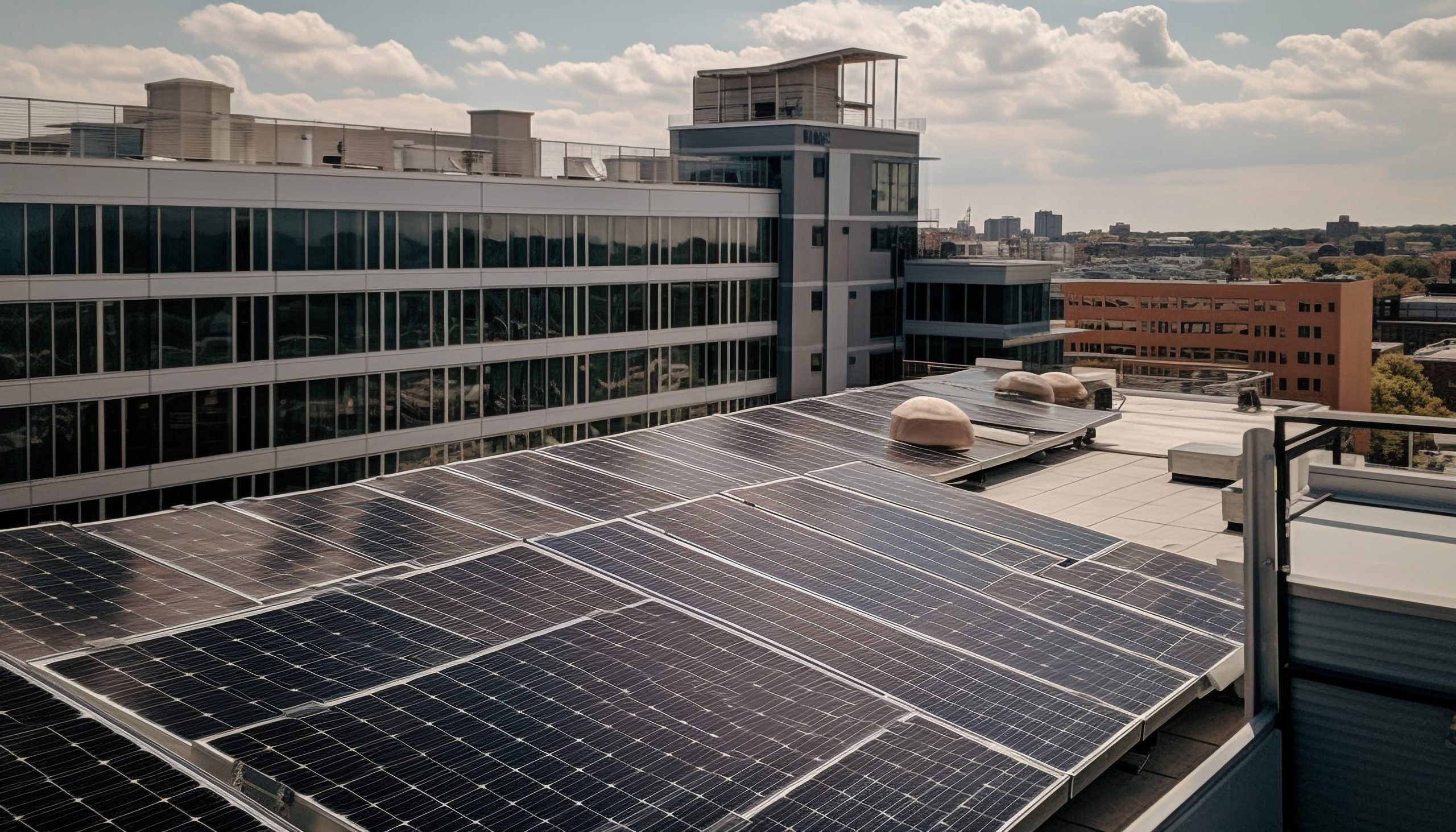
How Much Energy Do Solar Panels Generate?
- FazipaySolar
- September 10, 2023
- No Comment
- 104
Solar energy is not only clean and renewable but also incredibly abundant. To understand the potential of solar panels, it’s crucial to answer the question: “How much energy do solar panels generate?” In this blog post, we will explore the factors that influence solar panel energy generation and provide insights into optimizing your solar power system.
Understanding Solar Panel Efficiency:
The amount of energy solar panels generate depends on several factors, with one of the most critical being their efficiency. Solar panel efficiency measures how effectively the panels convert sunlight into electricity. As of my last knowledge update in September 2021, the average solar panel efficiency ranged from 15% to 22%.
1. Type of Solar Panels:
There are various types of solar panels, including monocrystalline, polycrystalline, and thin-film. Monocrystalline panels tend to be more efficient, while thin-film panels are less so but can be more cost-effective.
2. Location:
The amount of sunlight your location receives plays a significant role. Areas with more sunlight will generate more energy. The direction and tilt of your panels also affect efficiency.
3. Climate:
Climate conditions like temperature and humidity can impact panel performance. Solar panels typically work more efficiently in cooler temperatures.
4. Shading and Obstructions:
Shading from trees, buildings, or other obstructions can reduce the amount of sunlight reaching your panels, thereby affecting their output.
5. Quality of Installation:
Proper installation is crucial. Even the best panels won’t perform well if they are not correctly installed and maintained.
Calculating Solar Panel Energy Generation:
To estimate the energy generation of your solar panels, you can use the following formula:
Energy (kWh) = Solar Panel Capacity (kW) × Solar Hours × Efficiency
-Solar Panel Capacity: This is the total capacity of your solar panels in kilowatts (kW).
-Solar Hours: Solar hours represent the average number of hours per day when your location receives peak sunlight. You can find this information for your area online.
– Efficiency: As mentioned earlier, this is the efficiency rating of your solar panels as a decimal (e.g., 0.18 for 18%).
Optimizing Solar Panel Energy Generation:
To get the most out of your solar panels, consider these optimization tips:
1. Regular Maintenance: Keep your panels clean and free from debris. Regularly inspect for any damage or issues.
2. Inverter Efficiency: Ensure your inverter is of high quality and efficiency. It’s essential for converting DC electricity from panels into usable AC electricity.
3. Battery Storage: Consider adding battery storage to store excess energy for use during non-sunny periods.
4. Smart Energy Use: Try to use electricity-hungry appliances during peak sunlight hours to maximize self-consumption.
Solar panels have the potential to generate a substantial amount of clean energy when optimized effectively. The amount of energy they produce depends on various factors, including panel efficiency, location, and maintenance. By understanding these factors and implementing best practices, you can harness the full potential of solar power to reduce your carbon footprint and energy bills. Stay updated with the latest advancements in solar technology to further enhance your solar panel system’s efficiency.

